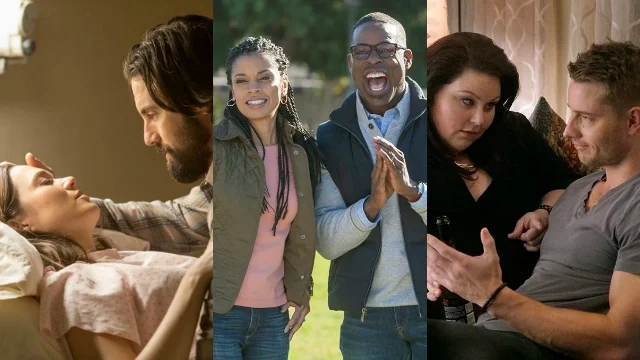I'd been avoiding it for a while. I knew Lars von Trier's Melancholia (2011) would get under my skin. When it popped up on tv as my mom and I were sifting through on the search for something to watch, she insisted we see it (for her, for the third time), and I obeyed. I was right - it shook me. This was April 13th, 2013.
Two days later, on April 15th, two homemade bombs ravaged the finish line of the Boston Marathon, tearing limbs and lives away from innocent supporters of my hometown's most heroic race. I had left a spot two miles away from the explosion an hour earlier. Needless to say, this got under my skin and shook me harder.
 Melancholia is about the world ending; the Boston tragedy is about a piece of it ending, and recovering. Melancholia ends without any hope of renewal, as a blue planet hurtles towards Earth and obliterates its inhabitants (as a dramatic metaphor for depression). Yet in the obliteration that those two bombs caused on Monday lies an inspiring amount of hope as runners, Bostonians, and supporters take back their city. This aftermath is what Melancholia doesn't show when it fatalistically explores segments of humanity in their final moments. Though the colliding planet is no fault of their own, the main characters of the film display varying grades of human complexity (in that we're both decent and inhumane) in crises. In picking up the pieces in the aftermath of violence that was also no fault of their own, Boston's residents are decent and resilient, which totally overshadows the hurt that a lone, inhuman monster unleashed on the city.
Melancholia is about the world ending; the Boston tragedy is about a piece of it ending, and recovering. Melancholia ends without any hope of renewal, as a blue planet hurtles towards Earth and obliterates its inhabitants (as a dramatic metaphor for depression). Yet in the obliteration that those two bombs caused on Monday lies an inspiring amount of hope as runners, Bostonians, and supporters take back their city. This aftermath is what Melancholia doesn't show when it fatalistically explores segments of humanity in their final moments. Though the colliding planet is no fault of their own, the main characters of the film display varying grades of human complexity (in that we're both decent and inhumane) in crises. In picking up the pieces in the aftermath of violence that was also no fault of their own, Boston's residents are decent and resilient, which totally overshadows the hurt that a lone, inhuman monster unleashed on the city.As I vacillate between logical detective work, trying, along with the news, to figure out how and why a person would commit such a terrible act, and sadness for the casualties and amputees and their families, I can't help but remember hearing how some marathoners ran 28.2 miles instead of 26.2 as they kept running down the road to the nearest hospital to donate blood. And I then think of Justine, Melancholia's late hero, who builds a fort to give her nephew some solace before impact.
We don't know why this happened or if we can make it better, but we try.


